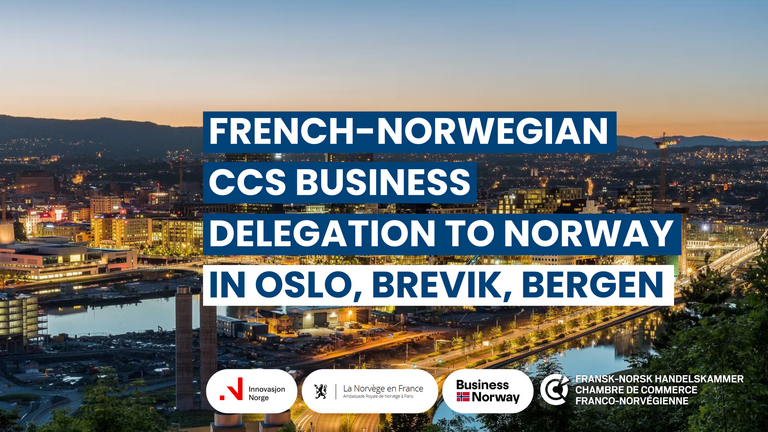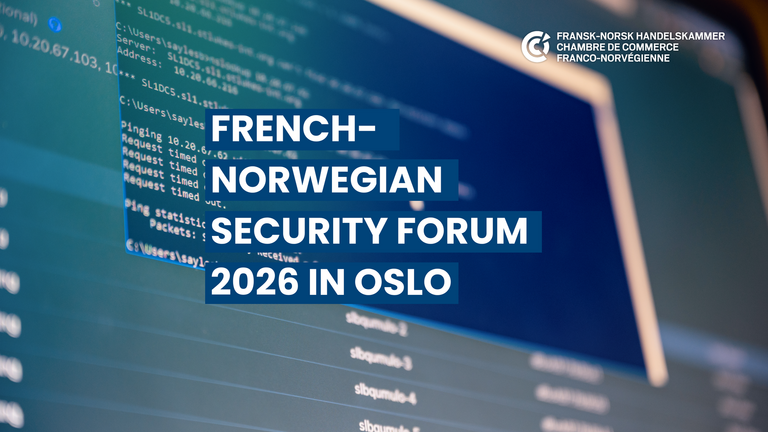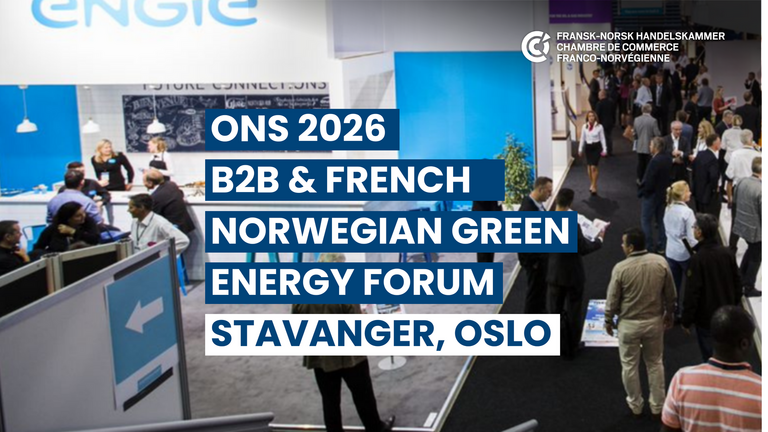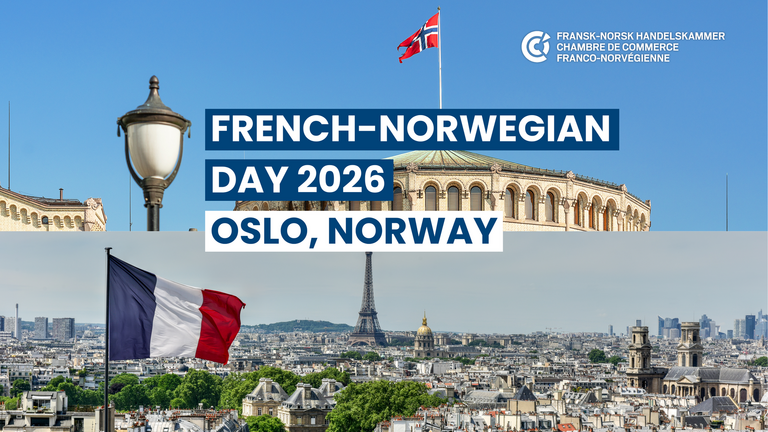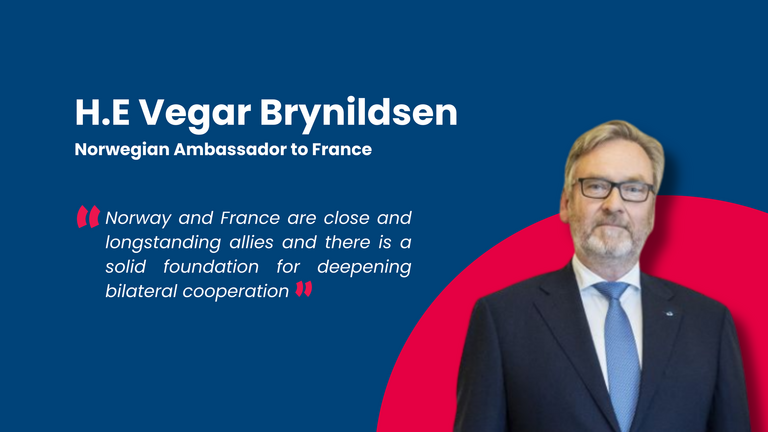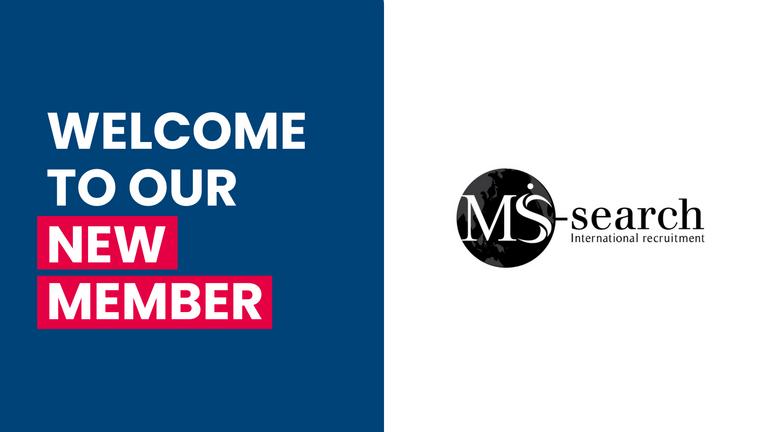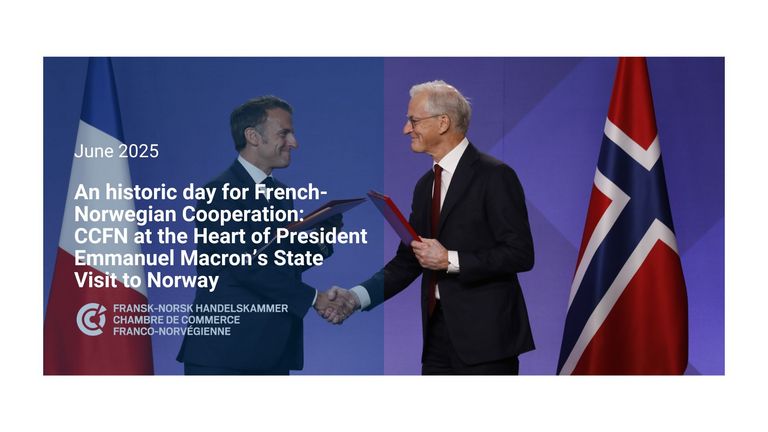Kristin Skogen Lund - NHO (Confederation of Norwegian Enterprise)

You have done an MBA at INSEAD Paris in 1991-92, which souvenirs do you keep in mind from this period in France?
The most important souvenirs I keep in mind are the lessons I learnt both on academic and personal levels. Academically, INSEAD provided a highly challenging and stimulating international environment. INSEAD made me work hard for new knowledge, but the hours at the library were well spent. On a personal level, my year at INSEAD taught me a lot as well. Breaking up from everyday routines and surroundings can be difficult. Back home, you have family, friends, colleagues and classmates who know you and support you, and their expectations contribute towards defining your traits and characteristics as well. In a new place and in new surroundings, it is up to you alone to define yourself, decide who you are and what you stand for. That is certainly challenging, but it is also an enormous opportunity for growth and self-discovery. In sum, I remember a year of good experiences, a year spent with good friends, some of them friends for life, and a year of learning and hard work. And finally, I fondly remember living in the beautiful city of Fontainebleau.
The French-Norwegian Chamber of Commerce aims at strengthening bilateral business cooperation. Which advice would you give us to develop further business contacts between French and Norwegian companies? How could the French-Norwegian Chamber of Commerce cooperate with NHO to achieve this goal?
Network meetings are always useful and I heartily encourage the Chamber to organize events, bringing together French and Norwegian companies. This could be breakfast or lunch meetings, short seminars or conferences. Sometimes specific sectors could be targeted directly, for instance energy, seafood or IT. And bringing in experts from France should certainly help boost business participation. Moreover, as most of us are more easily persuaded by examples than by statistics or bare facts, I find that good business cases – and publicity around good business cases – are always helpful.
In order to help the French business community to understand some cultural differences; could you please give us your definition of a good leader in Norway?
I think one of the best traits of the Norwegian leadership model – if there is such a thing – is the lack of authoritarian leadership. I often phrase it this way: If you have to use your formal power, you have lost your authority. A good leader communicates with people on all levels of the organization. A good leader is a good listener and a good role model. A good leader is a motivator who manages to align the organization on mutual tasks and targets. Then again, this is good leadership regardless of nationality.In my opinion, the Norwegian business culture is characterized by transparency and participation. Our culture allows for, and even encourages, input and suggestions from employees on all levels. I believe this makes Norwegian businesses popular employers in many foreign markets.Furthermore, I find the Norwegian way of doing business particularly conducive to execution-orientation, meaning Norwegian businesses don't let formalities or inflexible management structures get in the way of getting things done. I often say this is one of the reasons why Norwegian companies manage to stay competitive despite their high costs.
